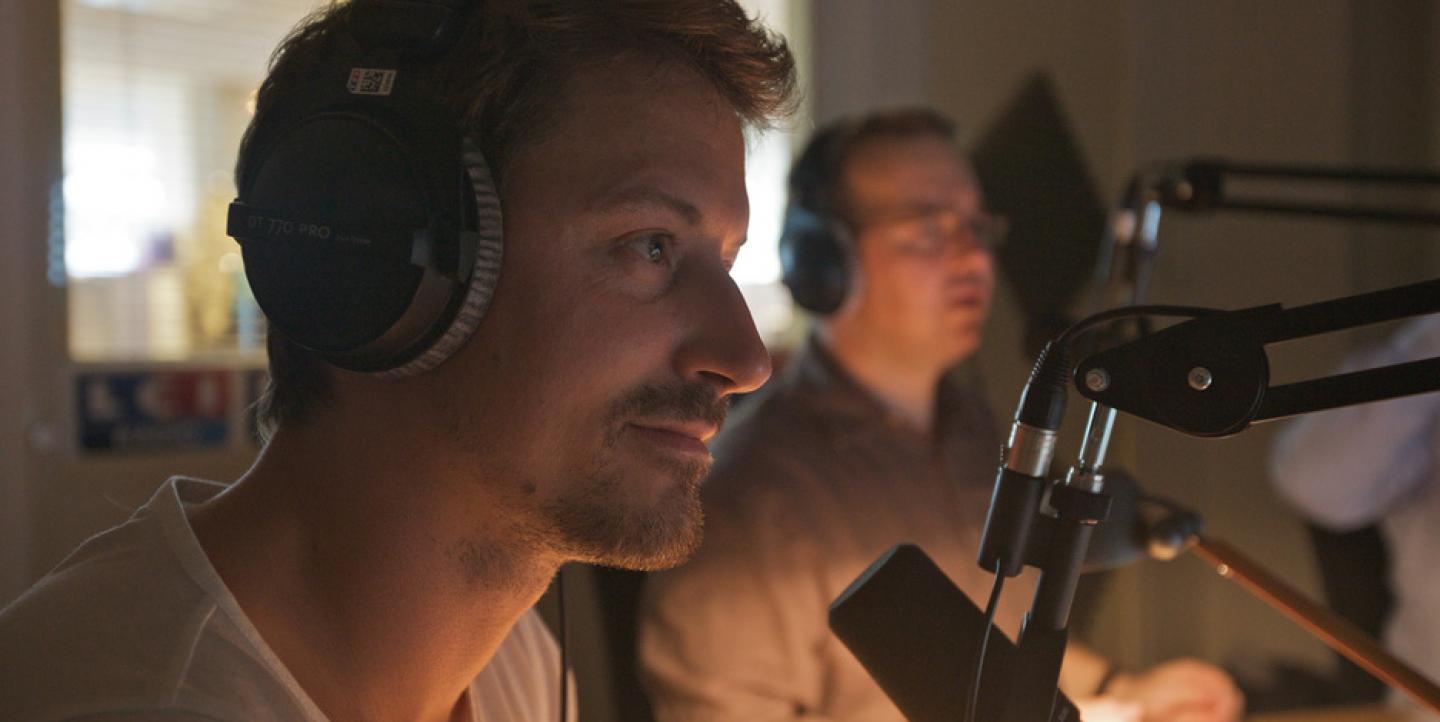In Latin America, as in much of the world, radio remains a primary medium for news consumption. The International Telecommunications Union has set 2015 as the deadline for the transition to all-digital broadcasting in most of the world. Digital radio, however, has been slow to catch on in the region.
New technologies can be used to make community radio stations more open, accessible and participatory. But in most cases, “community and local radio do not have the resources nor the technology to enhance their work and better link with their listeners,” says Miguel Paz, an ICFJ Knight International Journalism Fellow in Chile.
Hacks/Hackers Chile, which Paz leads, is trying to change that, proving that new radio technologies need not be confusing or expensive. Last year, the group hosted the world’s first ever open “Radiothon” in Santiago to display and hack useful technologies for community radio, local radio and media that can benefit from low-cost technology.
The idea was to use and reuse existing technology and develop new projects. The low-cost technologies featured at the Radiothon had already been used in Africa, “where radio is the protagonist,” Paz told IJNet.
At the end of the day, the 50 participants had collectively built an online radio prototype called Radio Retoma (“Retake Radio”).
To make it happen, participants were divided into working groups, with each team in charge of one aspect of the radio, including:
-
Content: define the program and content
-
Speech and Post-production: perform speech and audio postproduction
-
Website and Social Media: Set up a WordPress website design and social networks
-
SMS App Development: Worked on the Twilio API to put together a phone number through which to send SMS and publish SMS on the website
- Mobile reporting tools: Set up a list of tools and applications that are used to record, edit and send audio, videos, photos and text using the phone.
The idea was that each team had at least a developer, designer and a community radio member. Each group’s work was documented on the Radiothon Hackdash.
After the success of the event, a second Radiothon was held in Chile later in the year, to “continue hacking radio with lo-fi technology.”
Attendee Rodrigo González Torres, a journalist and member of Chilean community radio Konciencia, says the initiative “contributed to a rethinking of communication strategies,” including “new software to improve broadcast quality online at a lower cost, enhanced creativity and a search for new applications that place value on radio.” After the Radiothon, Radio Konciencia is now looking to change its signal online.
Participants have also been working on a toolbox of lo-fi technology to build a radio. The OpenRadio toolkit (still in development) will outline how to create an online and offline radio using open code software and low cost technologies. It documents the tools and necessary processes for the implementation of the different areas of use of a radio, including: editing and automation, web hosting and audio streaming, content and reporting and transmission protocols (how to transmit any audio source via internet streaming), and social media metrics and measurement.
Jessica Weiss, a former IJNet managing editor, is a Buenos Aires-based freelancer.
Photo courtesy of Flickr user Rodrigo Sepúlveda Schulz under a Creative Commons license.

